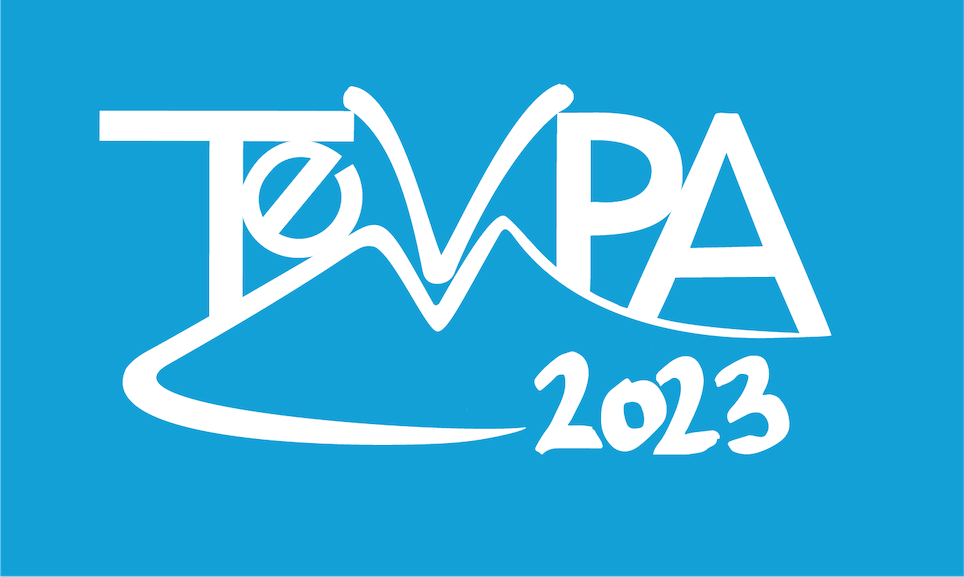Speaker
Description
TeV blazars dominate the extragalactic gamma-ray sky and highly energetic pair beams arising from such blazar jets underproduce gamma rays in the GeV band while inverse-Compton scattering off the cosmic microwave background. Isotropic gamma ray background measurements strongly suggest that when the intergalactic magnetic field is feeble, space plasma instabilities can play a crucial role in alleviating this GeV-TeV tension by draining the pair beam energy into the background plasma of the intergalactic medium (IGM). Importantly, as can be realised in laboratory astrophysics experiments, energy losses through instabilities and widening of pair beams via momentum diffusion follow a closed-form Fokker-Planck evolution. This has profound implications not only for TeV astrophysics, but also the strength of the intergalactic magnetic field and nature of dark matter. A direct consequence of the instability losses and IGM heating is the modification of thermal history at late times, which suppresses structure formation particularly in baryonically underdense regions, potentially holding a clue towards resolving the small-scale crisis in cosmology. Depending on the degree of heating, the constraints on the fuzzy dark matter or light axion-like particles are modified.

